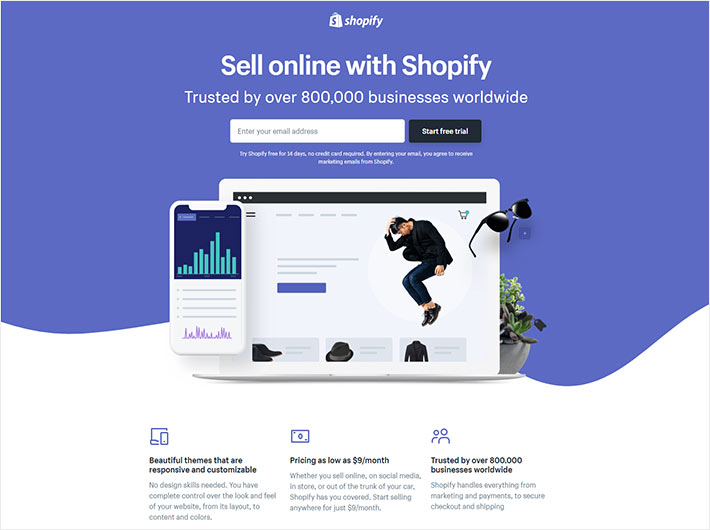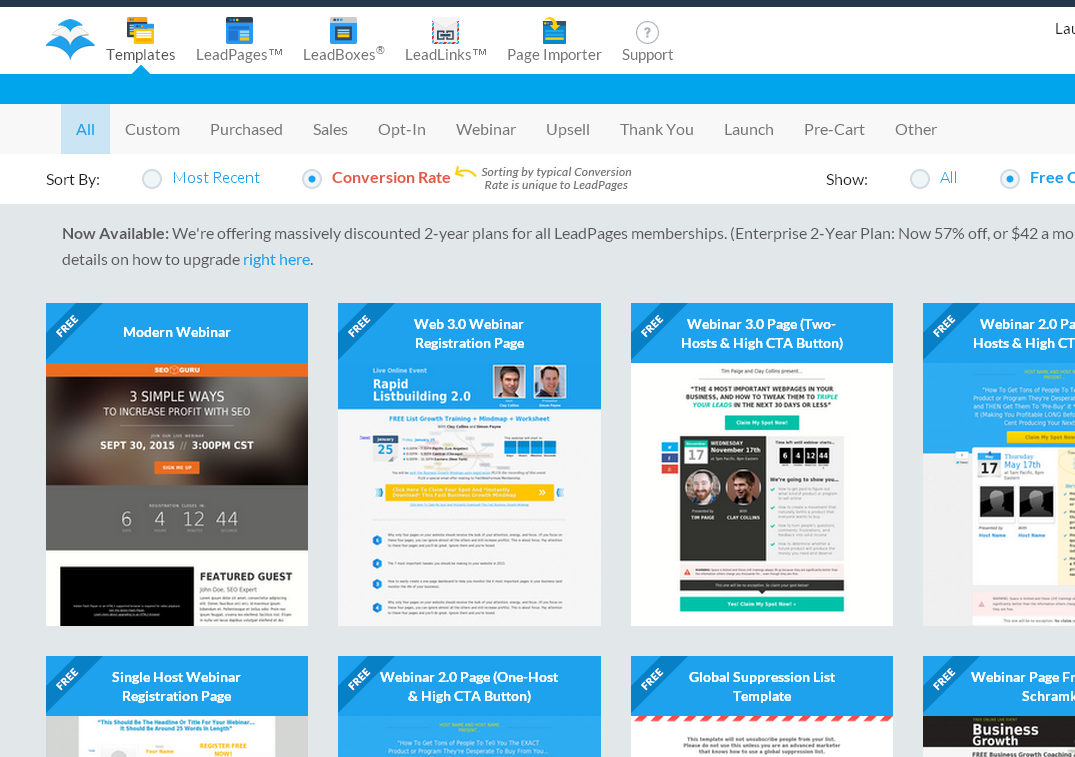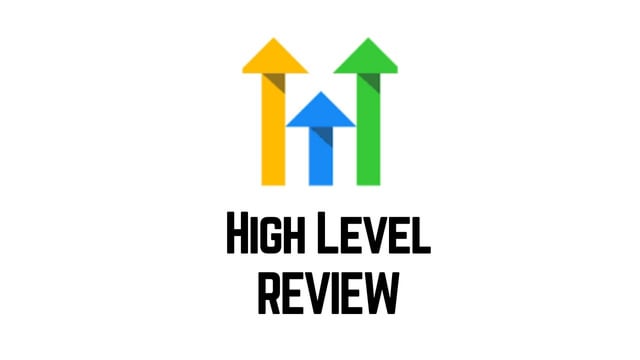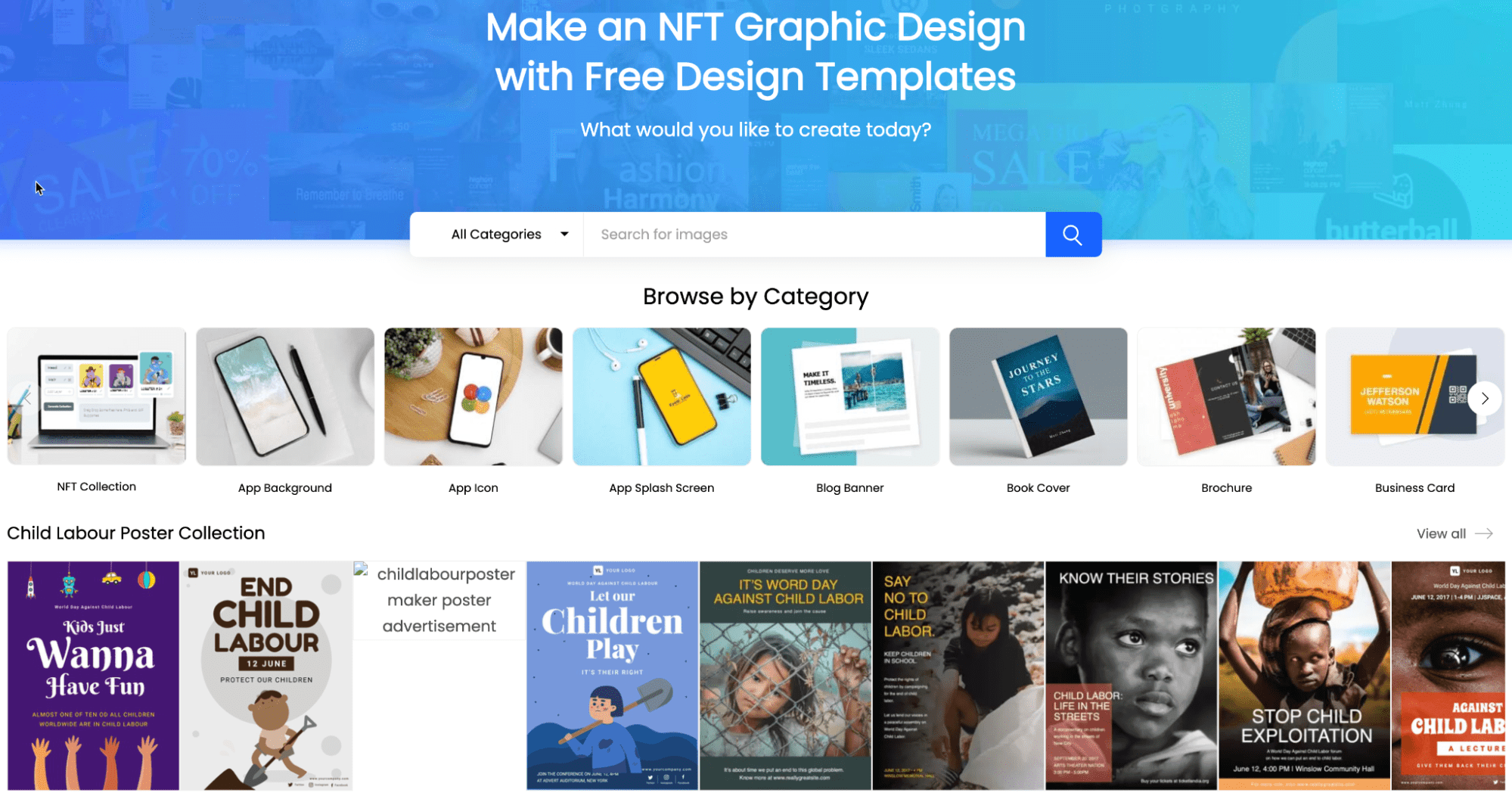In the ever-evolving landscape of digital marketing, the GoHighLevel (GHL) Agency Model has garnered significant attention, both from aspiring entrepreneurs and established businesses alike. This model promises to empower individuals to build and scale their own digital marketing agencies, leveraging the power of automation and streamlined processes. However, as with any business opportunity, the question of its legitimacy often arises. In this comprehensive blog post, we will delve into the intricacies of the GHL Agency Model, exploring its benefits, potential drawbacks, and addressing the burning question – is it a scam?
The GoHighLevel Agency Model is a business model that revolves around the concept of white-label digital marketing services. It enables individuals or agencies to resell various marketing services, such as website design, search engine optimization (SEO), social media management, and more, under their own brand. The model is designed to streamline operations, automate processes, and provide a comprehensive suite of tools and resources to support agency growth and scalability.
Understanding the GHL Agency Model
The Premise
The GHL Agency Model operates on the principle of leveraging white-label services and automation to simplify the process of running a digital marketing agency. By partnering with GHL, individuals gain access to a range of marketing services, tools, and resources that they can rebrand and offer to their clients.
The Structure
At its core, the GHL Agency Model revolves around three key components:
- White-Label Services: GHL provides a diverse range of digital marketing services, including website design, SEO, social media management, lead generation, and more. These services are offered on a white-label basis, allowing agencies to rebrand and sell them as their own.
- Automation and Workflows: GHL offers a suite of tools and automation capabilities designed to streamline agency operations. This includes client management, project tracking, reporting, and workflow automation, enabling agencies to operate more efficiently and scale their services.
- Training and Support: GHL provides comprehensive training and support resources to help agencies succeed. This includes educational materials, mentorship programs, and a community of like-minded entrepreneurs and agency owners.
The Business Model
The GHL Agency Model operates on a subscription-based pricing model. Agencies pay a monthly fee to access the GHL platform, services, and resources. The goal is to enable agencies to generate revenue by reselling the white-label services to their clients, while leveraging the automation and support provided by GHL to streamline their operations and maximize profitability.
Benefits of the GHL Agency Model
Turnkey Solution
One of the primary benefits of the GHL Agency Model is that it provides a turnkey solution for individuals or businesses looking to establish a digital marketing agency. By partnering with GHL, agencies gain access to a comprehensive suite of services, tools, and resources, eliminating the need to develop or source these elements independently.
Scalability
The automation and workflow capabilities offered by GHL are designed to facilitate scalability. By streamlining processes and minimizing manual labor, agencies can take on more clients and expand their service offerings without being overwhelmed by operational complexities.
Cost-Effective
Compared to building and maintaining an in-house digital marketing team, the GHL Agency Model can be a more cost-effective solution. Agencies can leverage the white-label services and resources provided by GHL, reducing the need for expensive in-house resources and expertise.
Time-Saving
The automation and workflow features of the GHL platform can significantly reduce the time and effort required for various agency tasks, such as client management, project tracking, and reporting. This time-saving aspect allows agencies to focus more on client acquisition, service delivery, and business growth.
Access to Expertise
GHL provides access to a wealth of training materials, mentorship programs, and a community of experienced agency owners. This valuable resource can help agencies stay up-to-date with industry trends, best practices, and strategies for growth and success.
Potential Drawbacks of the GHL Agency Model

While the GHL Agency Model offers numerous benefits, it’s essential to consider potential drawbacks and challenges:
Dependence on GHL Platform
By relying heavily on the GHL platform and services, agencies may become overly dependent on the company. Any changes or disruptions to GHL’s offerings could significantly impact an agency’s operations and revenue streams.
Limited Customization
While GHL provides a comprehensive suite of services, there may be limitations in terms of customization and tailoring offerings to specific client needs or niche markets. This could potentially restrict an agency’s ability to differentiate itself in a competitive market.
Ongoing Costs
The subscription-based pricing model of GHL means that agencies will incur ongoing costs for accessing the platform and services. These costs need to be carefully factored into an agency’s financial planning and pricing strategies to ensure profitability.
Competition from Other Agencies
As the GHL Agency Model becomes more popular, the market may become saturated with agencies offering similar services and relying on the same platform. This could lead to increased competition and potentially lower profit margins.
Reputation and Trust
As a white-label service provider, GHL’s reputation and trustworthiness are closely tied to the success and credibility of the agencies operating under its umbrella. Any negative experiences or controversies associated with GHL could potentially impact the reputation of its partner agencies.
Alternatives to the GHL Agency Model
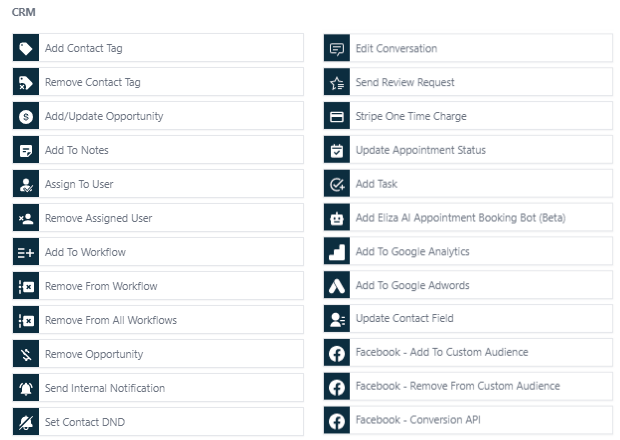
While the GHL Agency Model has its merits, it’s essential to consider other alternatives in the digital marketing industry:
Building an In-House Agency
Instead of relying on a white-label service provider, some businesses may choose to build and maintain their own in-house digital marketing agency. This approach offers greater control and customization but requires significant investment in resources, expertise, and infrastructure.
Partnering with Freelancers or Specialized Agencies
Another option is to partner with freelancers or specialized agencies for specific services or projects. This approach allows for flexibility and access to niche expertise but may lack the streamlined processes and automation offered by the GHL Agency Model.
Developing Proprietary Solutions
Enterprising individuals or businesses may opt to develop their own proprietary digital marketing solutions and platforms. While this approach offers the highest level of control and customization, it also requires significant time, resources, and expertise to develop and maintain.
Case Studies of Successful GHL Agencies

To better understand the potential of the GHL Agency Model, let’s explore some case studies of successful GHL agencies:
Agency A: Rapid Growth and Scalability
Agency A leveraged the GHL Agency Model to quickly scale their digital marketing services, growing from a small team to a multi-million-dollar agency within a few years. By tapping into the automation capabilities and white-label services offered by GHL, they were able to streamline operations and focus on client acquisition and service delivery.
Agency B: Niche Specialization
Agency B recognized the potential of the GHL Agency Model in a specific niche market. By customizing and tailoring their offerings to a particular industry, they were able to differentiate themselves and build a loyal client base. The training and support provided by GHL helped them stay ahead of the curve in their specialized niche.
Agency C: Successful Transition
Agency C was an existing digital marketing agency that transitioned to the GHL Agency Model. By adopting the GHL platform and services, they were able to streamline their operations, reduce overhead costs, and focus on core competencies. This transition enabled them to scale their business and increase profitability.
Common Concerns About the GHL Agency Model

Despite its potential benefits, the GHL Agency Model has raised some common concerns among industry professionals and aspiring agency owners:
Quality Control
One concern revolves around the quality control of the services provided by GHL. As a white-label service provider, GHL’s reputation and the quality of its offerings can directly impact the success and credibility of its partner agencies.
Reliance on a Single Platform
There is a concern about the potential risks associated with being overly reliant on a single platform or service provider. Any disruptions, changes, or issues with the GHL platform could significantly impact an agency’s operations and revenue streams.
Saturation and Competition
As the GHL Agency Model gains popularity, there is a concern about market saturation and increased competition among agencies offering similar services and relying on the same platform. This could potentially lead to lower profit margins and a more challenging business environment.
Long-Term Sustainability
Some industry experts have raised questions about the long-term sustainability of the GHL Agency Model, particularly in light of potential changes in the digital marketing landscape, evolving consumer behavior, and the emergence of new technologies or disruptive business models.
Strategies for Avoiding Scams

While the GHL Agency Model itself is not inherently a scam, it’s crucial to be vigilant and take proactive measures to avoid falling victim to potential scams or unethical practices:
Thorough Research and Due Diligence
Before committing to any business opportunity, it’s essential to conduct thorough research and due diligence. This includes reviewing the company’s reputation, track record, and any available feedback or reviews from existing or former clients or partners.
Verify Credentials and Legitimacy
Verify the credentials and legitimacy of the GHL Agency or partner program you are considering. Look for official certifications, affiliations, and endorsements that demonstrate the company’s credibility and trustworthiness in the industry.
Seek Transparency and Clarity
Ensure that all terms, conditions, pricing structures, and expectations are clearly outlined and transparent before entering into any agreements or partnerships. Avoid companies or programs that are vague or evasive about their offerings or requirements.
Consult with Industry Peers
Seek advice and insights from trusted industry peers, mentors, or professionals who have experience with the GHL Agency Model or similar white-label service providers. Their perspectives and recommendations can help you make informed decisions and avoid potential pitfalls.
Trust Your Instincts
Listen to your instincts and gut feelings when evaluating GHL Agency opportunities. If something feels too good to be true or raises red flags, take a step back and reassess the situation before proceeding. Trusting your intuition can help you avoid scams and questionable business practices.
Tips for Evaluating GHL Agency Opportunities

When considering GHL Agency opportunities, keep the following tips in mind to make informed decisions and maximize your chances of success:
Assess Your Business Needs and Goals
Before diving into the GHL Agency Model, assess your business needs, goals, and capabilities. Determine how partnering with GHL aligns with your long-term objectives and whether it can help you achieve growth, scalability, and profitability in the digital marketing space.
Evaluate Training and Support Resources
Look into the training, resources, and support services provided by GHL to partner agencies. Ensure that they offer comprehensive onboarding, ongoing education, and dedicated account management to help you succeed in utilizing their platform and maximizing its potential.
Consider Scalability and Flexibility
Evaluate the scalability and flexibility of the GHL Agency Model in adapting to your business growth and evolving client demands. Determine whether the platform and services can accommodate your expanding operations and allow for customization and specialization as needed.
Review Pricing and Cost Structures
Carefully review the pricing, cost structures, and fee arrangements associated with the GHL Agency Model. Calculate the potential return on investment (ROI) and profitability of partnering with GHL, taking into account both the initial setup costs and ongoing subscription fees.
Seek Feedback and References
Reach out to current or former GHL Agency partners for feedback, references, and testimonials about their experiences with the platform. Ask specific questions about performance, reliability, customer support, and overall satisfaction to gain valuable insights into what to expect.
Future of the GHL Agency Model
As the digital marketing landscape continues to evolve and adapt to changing trends and technologies, the future of the GHL Agency Model remains promising yet uncertain. Here are some key considerations for the future development of the GHL Agency Model:
Technological Advancements
Advancements in automation, artificial intelligence, data analytics, and personalization will likely shape the future capabilities and offerings of the GHL platform. Agencies can expect more sophisticated tools and features to enhance their marketing strategies and client services.
Market Expansion and Diversification
With the increasing demand for digital marketing services across industries and regions, the GHL Agency Model may expand its market reach and diversify its client base. Agencies can explore new opportunities for growth and specialization in emerging sectors and markets.
Regulatory Compliance and Data Privacy
As data privacy regulations and consumer protection laws become more stringent, GHL and its partner agencies must prioritize compliance and ethical practices in handling sensitive information. Ensuring data security and transparency will be crucial for maintaining trust and credibility.
Collaboration and Partnerships
Collaboration between GHL, agencies, technology providers, and industry stakeholders will drive innovation and competitiveness in the digital marketing ecosystem. Building strategic partnerships and alliances can create synergies and unlock new possibilities for mutual growth and success.
Adaptation to Market Dynamics
The ability of GHL and its partner agencies to adapt to shifting market dynamics, consumer behaviors, and competitive landscapes will determine their long-term viability and relevance. Continuous learning, agility, and foresight will be essential for staying ahead of the curve and seizing opportunities.
Video
Conclusion
In conclusion, the GoHighLevel (GHL) Agency Model offers a compelling opportunity for aspiring entrepreneurs and existing agencies to leverage a comprehensive suite of digital marketing tools, automation solutions, and white-label services. While the model presents numerous benefits such as scalability, efficiency, and support, it also comes with potential drawbacks and challenges that require careful consideration.
By understanding the nuances of the GHL Agency Model, exploring alternative approaches, studying successful case studies, addressing common concerns, implementing strategies to avoid scams, and evaluating opportunities thoughtfully, individuals and businesses can make informed decisions about partnering with GHL. The future of the GHL Agency Model holds promise for innovation, growth, and collaboration in the dynamic landscape of digital marketing.
Ultimately, success in the GHL Agency Model hinges on a combination of strategic planning, continuous learning, adaptability, and a commitment to delivering value to clients. By staying informed, proactive, and discerning in their approach, agencies can navigate the opportunities and challenges of the GHL ecosystem effectively and thrive in the competitive world of digital marketing.”

